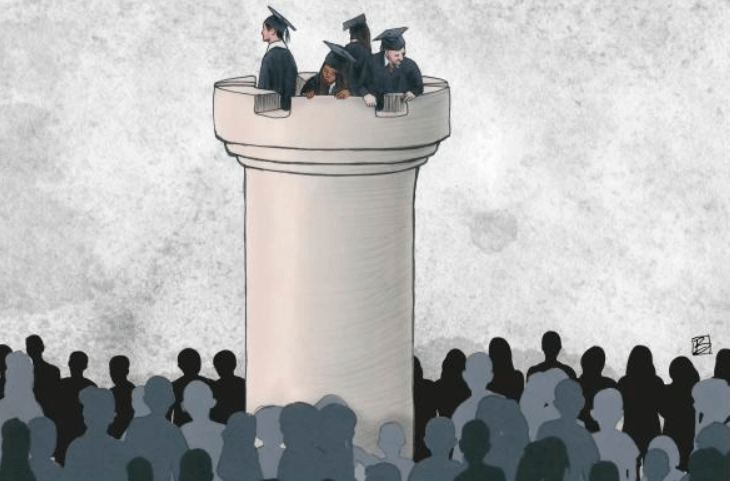DRIVING OURSELVES HAPPY
Brian Johnson, a Barclays Plc analyst, has published a report entitled, “Disruptive Mobility.” Its contents might disrupt your ideas about your personal and professional transportation choices. Here are some key points Johnson shares about the future of driving Report summary by Bloomberg :
- Driverless cars will travel twice as many miles as current autos because they will transport multiple family members each day.
- Families will move to having just one car because it doubles as a chauffeur.
- Car ownership rates may fall by almost half.
- U.S. auto sales may drop 40 percent in the next 25 years because of shared driverless cars.
- Car manufacturers will be forced to slash output to remain solvent.
Purely based on what we already know about driverless vehicles, I can definitely see that these predictions could easily come true. Simultaneously, I wonder how quickly the new reality of driving will evolve and to what degree. The reason I say that is that so many of Johnson’s predictions are based on a fundamental assumption. That assumption is that either people do not enjoy driving or at least people prefer not to drive if they have that option.
Here is the problem with that slippery assumption. There are two kinds of people. Some people will still love to drive because they love being in control and they love savoring the driving experience. Some people will love to let the vehicle do the driving because they love to get other things done (reading, working, talking, sleeping) while a high-tech machine accurately and safely transports them to their destination. Exactly how and where that divide occurs is anybody’s guess. And therein lies the problem with Johnson’s projections about the future of driving. It will all come down to people’s comfort level with the new reality of driving, and much of that at this stage is based on assumptions.
Who knows? Perhaps someday you will reminisce with a friend:
“ And can you believe that back in the dark ages we actually took our lives in our hands by hurtling down these highways at 70 miles per hour thinking we could control that machine better than a computer can at 90? ”











